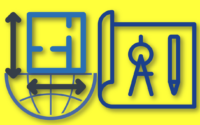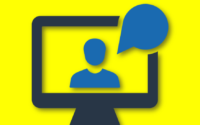
Learning Analytics to Inform the Learning Design: Supporting Instructor’s Inquiry into Student Learning in Unsupervised Technology-Enhanced Platforms
Instructors may design and implement formative assessments on technology-enhanced platforms (e.g., online quizzes) with the intention of encouraging the use of effective learning strategies like active retrieval of information and spaced practice among their students. However, when students interact with unsupervised technology-enhanced learning platforms, instructors are often unaware of students’ actual use of the learning […]















